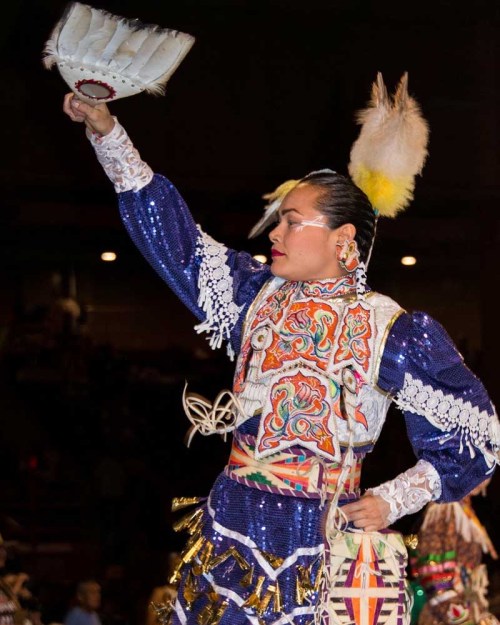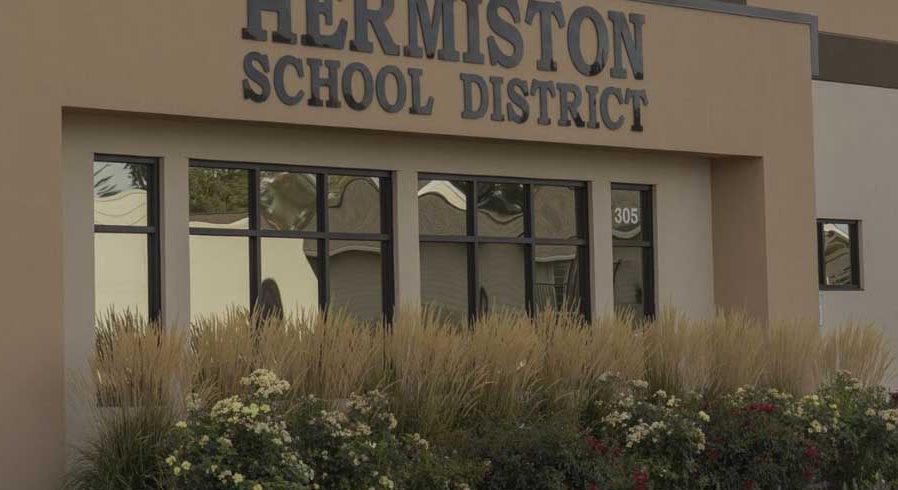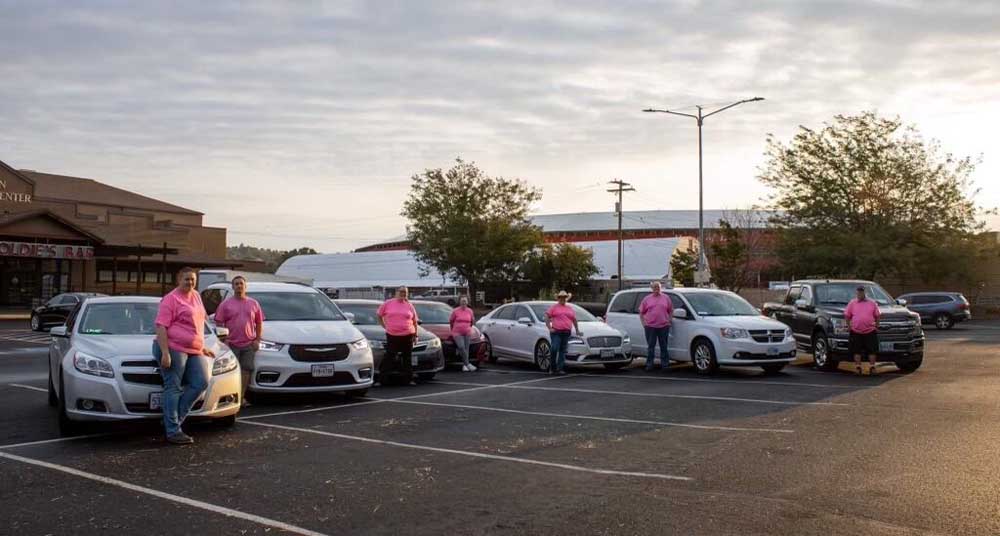Champion jingle dancer Red Elk to judge Pendleton powwow
Published 5:00 am Wednesday, November 20, 2024

- Acosia Red Elk, of Mission, performs her championship jingle dance, April 30, 2022, at the Gathering of the Nations Powwow in Tingley Coliseum, Albuquerque, New Mexico. Red Elk is the head woman judge at the Two Cultures, One Community Powwow, Feb. 27, 28 and March 1, 2025, in Pendleton.
PENDLETON — Acosia Red Elk, 10-time world champion jingle dancer and international “powwow yoga” instructor, will serve as the head woman judge at the upcoming Two Cultures, One Community Powwow in Pendleton.
The event is Feb. 27, 28 and March 1, 2025, at the Pendleton Convention Center.
The inaugural powwow in February 2024 drew more than 600 dancers to Pendleton from across the United States and Canada, with 10 drum groups, including Northern Cree, the host drum from Maskwacis, Alberta, Canada. This year, the committee expects an even larger turnout of dancers, spectators and vendors.
The event is open to the public and features competition dancing for children, teens, women and men plus the drumming-and-singing contests for the drum groups.
A competitive dancer for more than two decades, Red Elk has competed in as many as 50 powwows in a year and once won 42 contests in a row. She has judged more than 40 powwows and for the last three years she has been the sole judge at the Black Hills Powwow in Rapid City, South Dakota, which boasts more than 3,000 dancers.
Her competitive dancing credentials are unrivaled. She has won the Gathering of Nations jingle dress dance title 10 times and is a world-renowned performing artist. She is an international yoga instructor, snowboarder, glass artist, cultural teacher and wellness advocate. She has danced at the NFL Super Bowl, performed in a Supaman video for the song “Why,” has appeared in Weird Al Yankovich music videos, and this year played a Choctaw ancestor in the Marvel Studios television series “Echo.”
Red Elk, an enrolled member of the Confederated Tribes of the Umatilla Indian Reservation, added another accolade this year — the Doris Duke Artist Award, underwritten by the Doris Duke Charitable Foundation and designed to “empower, invest in and celebrate artists by offering multi-year, unrestricted funding (up to $575,000) as a response to financial and funding challenges both unique to the performing arts and to each grantee.” Started in 2011, the program supports artists in jazz, theater and contemporary dance — and now traditional Native dance.
Red Elk is a sought-after public speaker and storyteller who has integrated her jingle dancing with yoga, creating Powwow/Yoga, a blend of tribal dancing and yoga to promote contemporary indigenous healing through movement and dance.
Red Elk, who danced in the first Two Cultures, One Community Powwow, said she is honored to headline the judging.
“Competition is so advanced now and a judge alleviates the stress for the powwow committee,” she explained. “The head judge has a tough task of choosing the right judges and keeping order around the judging and the ballots. Our job is to create a fair contest for all dancers, choosing judges that don’t have a niece or a nephew, any relatives, exes or traveling partners on the floor.”
Two Cultures, One Community is an opportunity for the non-native community to see — and feel — powwow dancing up close.
“It’s not just hopping around. It’s an advanced art preserved for generations. It is intricate footwork that follows the song. And the songs are not yelling and screaming. These songs are advanced music that date back thousands and thousands of years and can only be passed down orally from person to person. New songs are being composed by drum groups as well — loose phonetics and tribal languages make up what you hear in a powwow song. If you listen closely, sometimes you even hear English words in a song.”
Spectators, Red Elk said, should come to the powwow expecting to “feel something profound” and to be “prepared to feel the power” of the dancing, drumming and song.
“The dance can’t happen without the drum and the drum needs the dancers to feel a response,” she said. “This is a chance for Pendleton to experience healing through song and dance. We come in with mixed stereotypes, but the dance washes all that away.”
Red Elk said, “We need more bridges in Pendleton and if we do that, we become better friends. A powwow can provide positive action — social, environmental, even economic. For non-Natives it can shift perceptions. It is powerful and impactful so I’m happy Pendleton gets to see this.”





